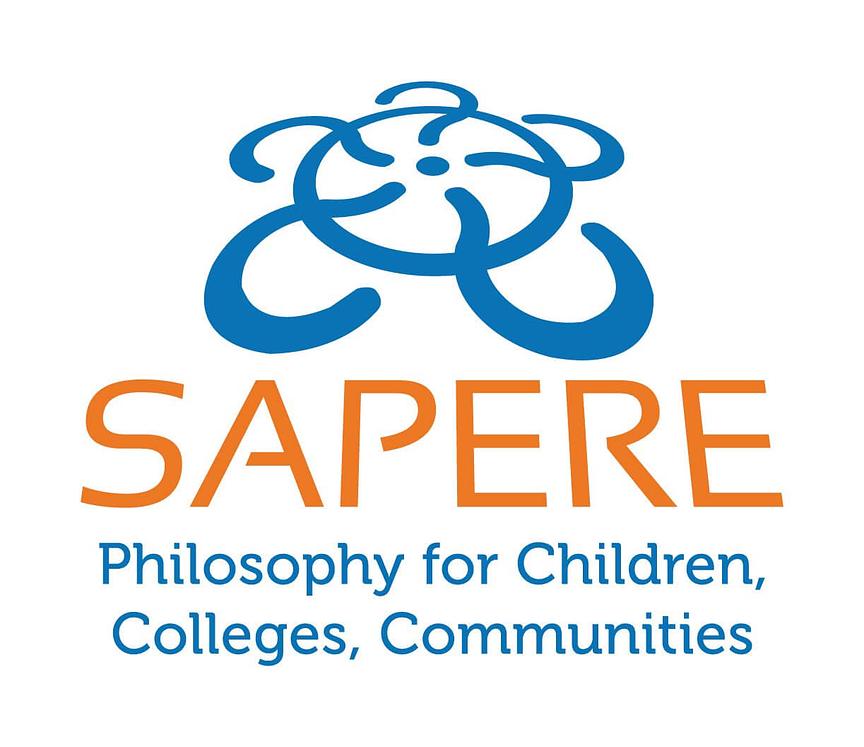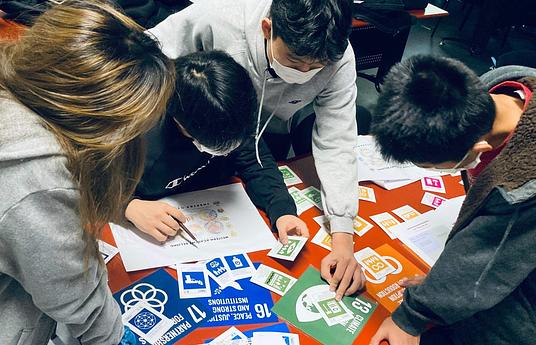Education is not just a preparation for life - it is part of life.The purpose of education is to inculcate a balance of the skills, knowledge and dispositions that will allow all children of all ages to flourish in the current and future spheres of their life: personally, socially, morally, culturally, professionally, economically and as citizens.It should encourage children to become lifelong learners.
Our society needs young people who are trained to think for themselves and to think with others: critically, creatively, caringly and collaboratively.
This is the dialogic approach that underpins SAPERE's Philosophy for Children; an evidence-based programme with a growing body of research in the UK and internationally that demonstrates wide-ranging benefits including increased cognitive ability; improved wellbeing; enhanced social skills; and resilience to extremism.
P4C is an enquiry-based pedagogy, established in 1974 by Matthew Lipman, Professor of Philosophy at Columbia University. His aim was to develop a programme to encourage children to question and think independently. During a P4C session, children come up with philosophical questions around important issues in life such as ‘friendship’, ‘honesty’ or ‘evil’ that are prompted by a stimulus (for example, a story or a video).
In their community of enquiry, the children then discuss the question they have selected, and the teacher acts as a facilitator who supports the children in their thinking, reasoning and questioning. The teacher guides the children to listen, respond and build on ideas during the dialogue in order to reach a shared understanding of the question.
The approach can also be used with younger children. The aim at this stage is to work on developing the skills of P4C, for example; listening, turn-taking, making a choice through a range of ‘thinking’ or concept games and activities, or sorting pictures according to whether the children think they are beautiful or not beautiful, good or bad. There are many games and activities which can be used to facilitate enquiry, and part of the P4C approach is helping teachers to maximise engagement opportunities with the students.
Over time, children are encouraged to take ownership of the process of enquiry. Children learn to refine their philosophical questioning skills, asking and exploring such questions as, “Is it ever acceptable to lie?”. After the enquiry, the children and facilitator reflect on the process of enquiry, suggesting how they might improve as individuals or as a group.
In time, through a structured programme of training and support, the practice of P4C can become integral to the ethos and values of, and teaching and learning in a school. The P4C style of teaching and learning can be used across curriculum subjects, for example, in English, RE, Personal and Social Health and History with such questions as, “Do heaven and hell exist? What does it mean to be free? Can you be friends with everyone? Is it possible to have a just war?”.



